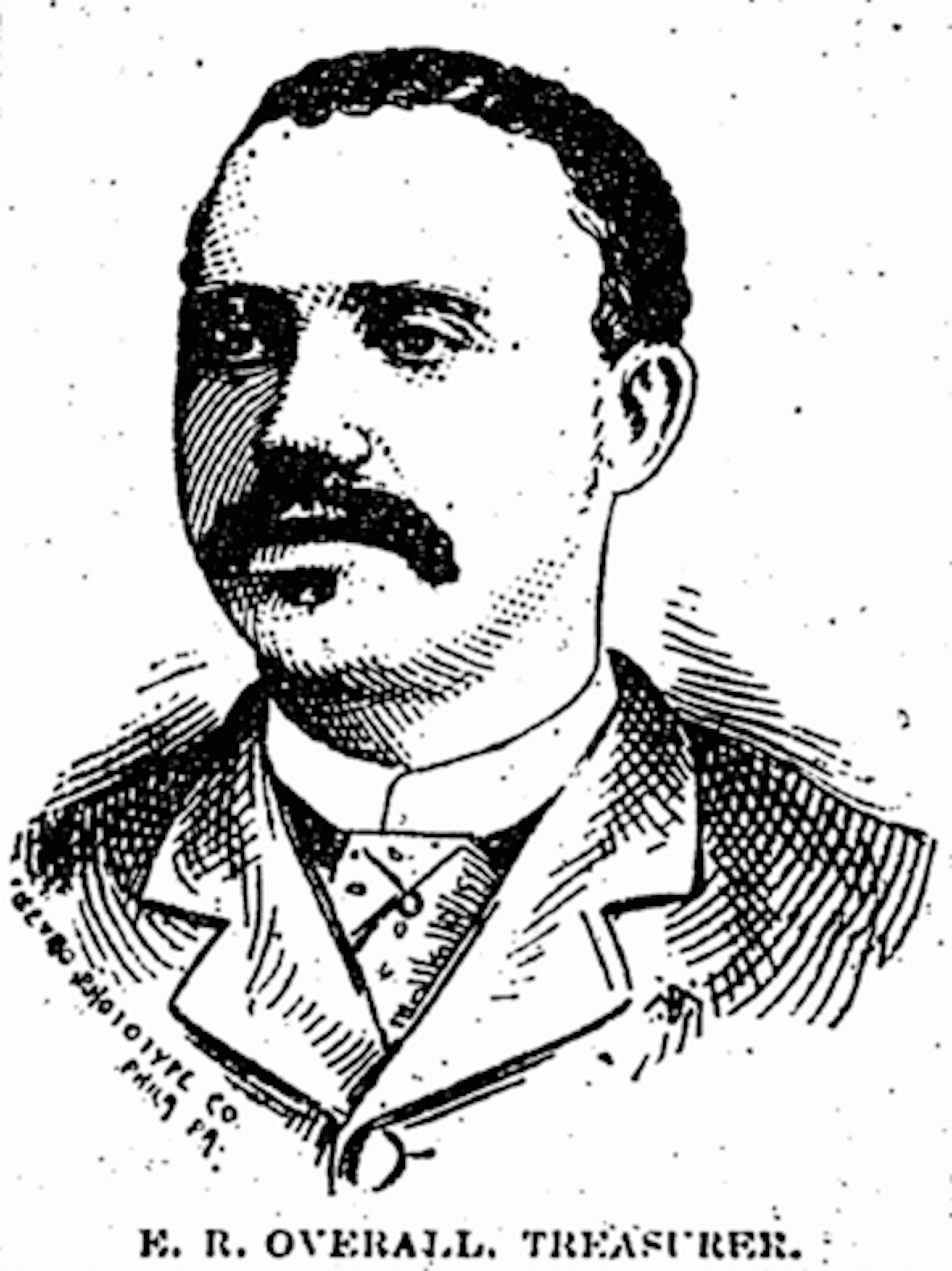En Español: La historia de la gente: una enseñanza perdida sobre líderes afroamericanos en la política
The government is meant to speak for the people, but how can it speak for people that it doesn’t represent. Throughout history, people of color have fought to have their voices heard and equally recognized. One way they did this is through creating their own spaces, such as the Nebraska State Convention of Colored Men. Cyrus D. Bell, W.H.C. Stephenson, and Edwin R. Overall are just a few of the many politicians who used spaces like these to advance their personal careers and the development of people of color in politics.
The tradition of the State Convention began in the 1830s, where freedmen came together to discuss how they could achieve education, labor and legal justice. In Nebraska, W.H.C. Stephenson, Edwin R. Overall, William R. Gamble, Emmanuel S. Clenlans, and Rev W. H. Wilson were the bellwethers of political involvement. These men organized Nebraska’s convention, opening up opportunities for countless future politicians of color, not just African Americans. Bell and Clenlans served as secretaries, and there they selected Stephenson and Overall to be delegates at the national convention. Along with picking the delegates, they also discussed the denunciation of lynching, particularly in Louisiana and Mississippi.
Cyrus D. Bell, the secretary at the State Convention of Colored Men and a delegate at the Democratic National Convention, stood out by serving as a Democrat when most black people supported the Republican party at the time. He was mentioned in the Omaha Herald as a good candidate for City, County or State Office. He at one point called attention to the disenfranchisement of black men in the Republican party and how they were never promoted as candidates for offices, despite being granted the right to vote and even authority in campaigns.
W.H.C. Stephenson began his career as a civil rights activist as the chairman of the Nevada Executive Board, a group he helped organize. The board fought for legal equality and the unity of Black people in Virginia City, Silver City and Gold Hill, along with access to public schools. When he moved to Omaha, he became active in Republican politics and was chosen by the African American Republicans of Omaha to be a delegate at the State Republican Convention. He went on to run against his fellow delegate to the National Convention of Colored Men, Edwin Overall for nomination for State Legislator, but neither of them got the seat due to the community being divided and the Republican Party ultimately denying them the opportunity.

Overall served as a delegate for the National Convention of Colored Men.
Edwin Overall began his career in Chicago, where he was appointed the chairman to the Chicago delegation of the Convention of Colored American’s in the State of Illinois where they discussed educational, political and legal limitations faced by black people in Chicago and worked towards getting them full legal rights, similar to the event he would later organize in Omaha. In Omaha, along with being a delegate to the National Convention of Colored Men, Overall was also a delegate to the Nebraska Republican Convention.
These politicians stood out during their time for being some of the first black people in office, making it possible for those who came after them to run today. In recent years we’ve had an uptake of black politicians, some of who were firsts in their own right. If there’s a change that you want to see in your community you have the power to do something about it.



